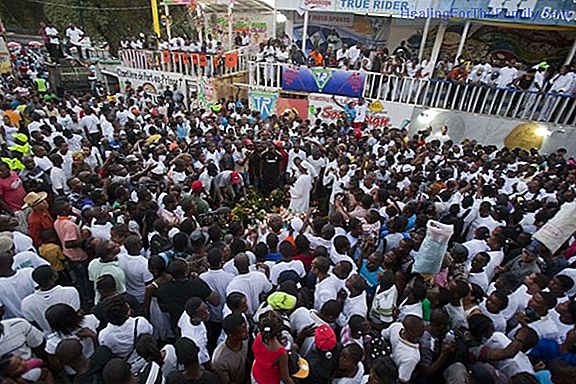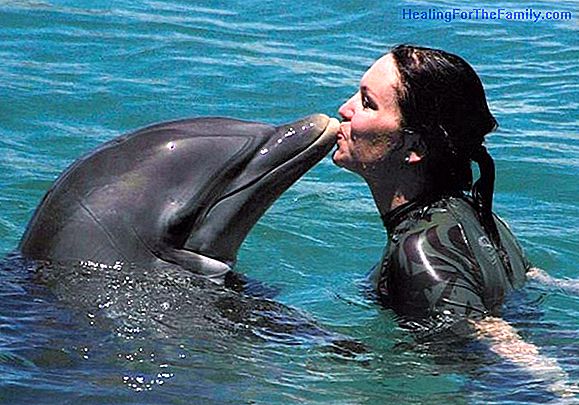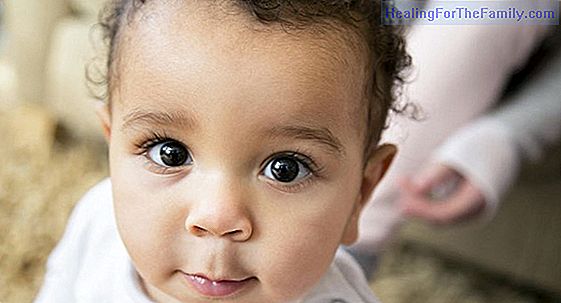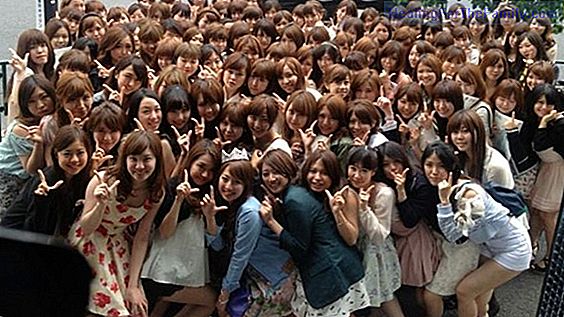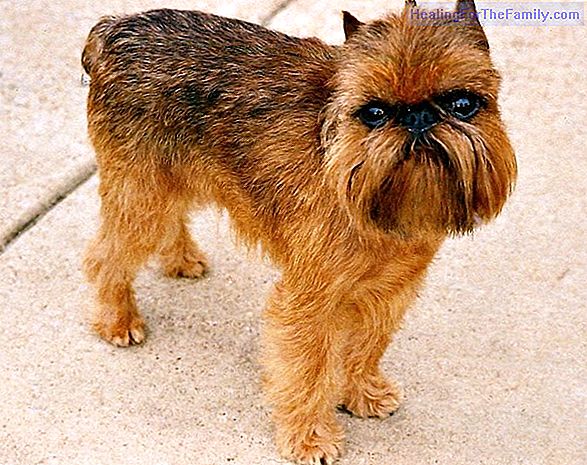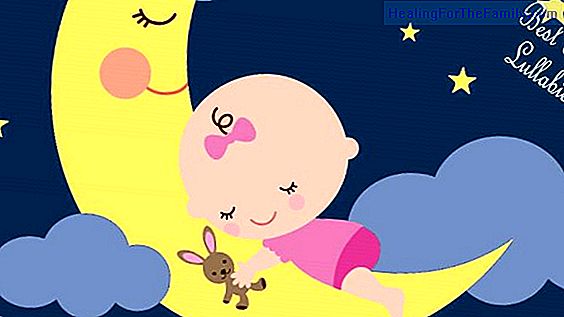8 Frequent mistakes when performing a nasal wash on the child
Nasal washes with serum are very useful if they are applied correctly, but they can be annoying, ineffective and occasionally harmful. Below we detail the most frequent mistakes we make when performing a nasal lavage to the child. Things to avoid when performing a nasal wash on the child 1- Perform
Nasal washes with serum are very useful if they are applied correctly, but they can be annoying, ineffective and occasionally harmful. Below we detail the most frequent mistakes we make when performing a nasal lavage to the child.
Things to avoid when performing a nasal wash on the child
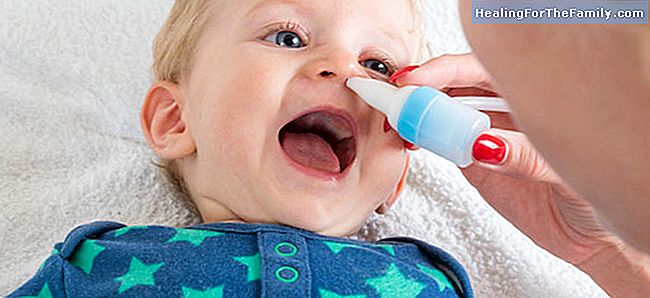
1- Perform nasal washes when there is no nasal congestion. Older children will complain if they are "very stuck". If they are not, why are we going to do a nasal wash? Likewise, younger children should only be subjected to a nasal wash if they have great discomfort, preferably, before taking, so they can eat without difficulty.
2- Nasal washes do not have a preventive purpose. There are parents who wash their children's nose because they think that they will not get cold. That's not true.
3- Pouring several drops of serum into the nose is useless. Nasal washes are performed by pouring a good stream of serum, or by doing one or several inhalations of powdered serum, and not only with two or three drops.
4- If the child generates discomfort, it is better to leave it. Older children have other strategies to get rid of mucus (for example: vigorous blowing, good hydration, etc.). Therefore, if every time you wash your child's nose, this is a real headache, it is better to resort to other strategies.
5- Make frequent nasal washes to children with recurrent nosebleeds. If your child bleeds easily, it is better not to do nasal washes, because the remedy will be worse than the illness.
6- Make nasal washes to children with coagulation problems. These problems will make it easier for the child to bleed through the nose, so it is best to avoid nasal washes. If they are to be done, it is best to exercise caution.
7- Combining nasal washes with aspiration of snot in babies under 6 months. Very young infants have a very short eustachian tube, so that aspiration of mucus makes a traction effect on the eardrum, which in turn results in irritability due to earache.
8- Make nasal washes to an infant, while the baby is sitting. The best thing is that it is lying down, because this facilitates the fastening of the head. A well-held head prevents the child from turning sharply, so we can hurt his nostrils. In addition, the possible aspiration of the serum will be avoided.

